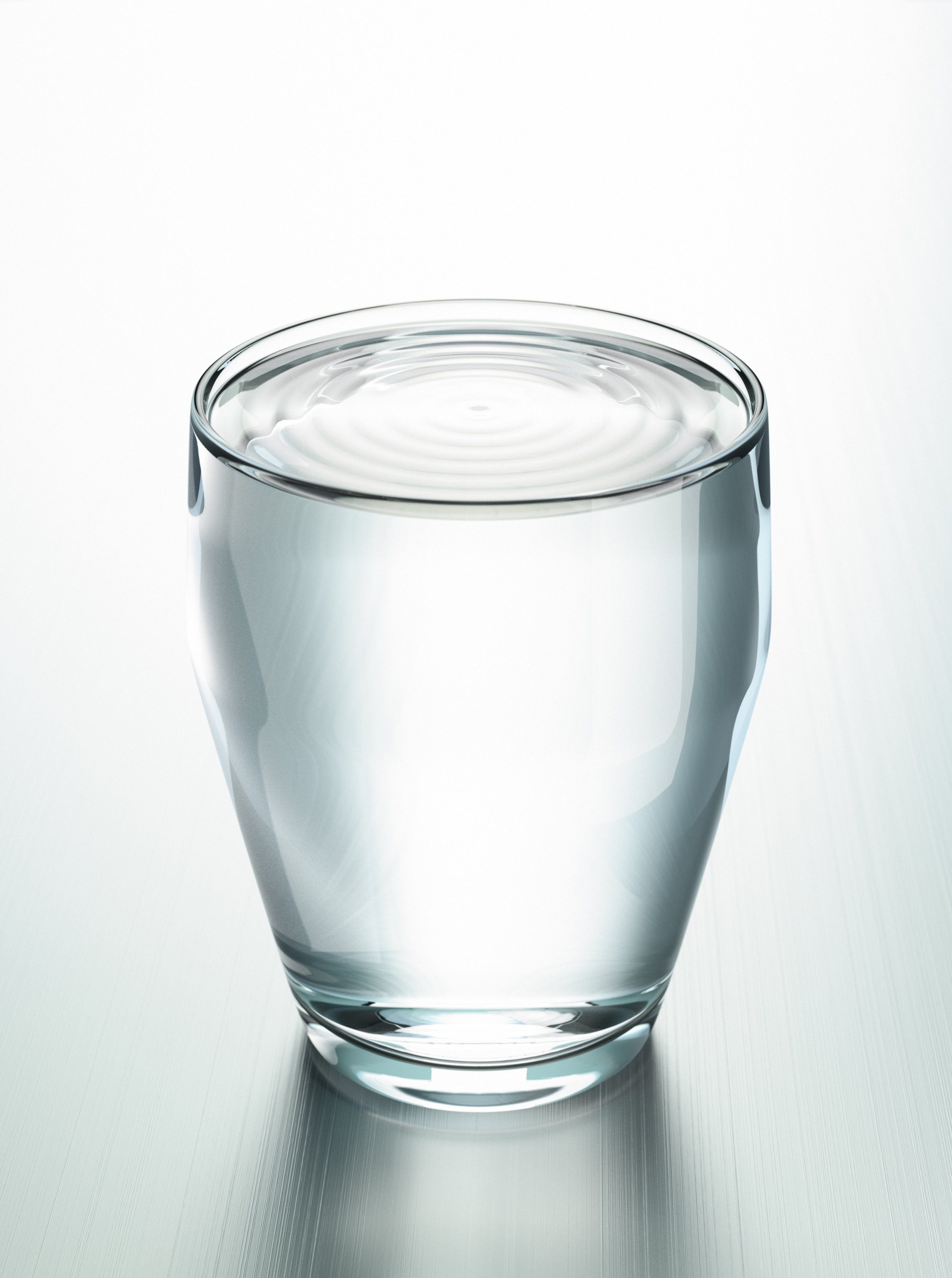
Like a yawn or a blush, hiccups are a corporeal quirk many experience but few understand. So what exactly is going on?
A hiccup is “a brief contraction of the main muscle involved in respiration,” says Dr. Lourdes DelRosso, an assistant professor of pediatrics at the University of Pennsylvania. Basically, your diaphragm—the parachute-shaped muscle that expands and contracts as you breathe—quickly and reflexively tightens. This tightening forces the space between your vocal cords to close, which results in the “hic” sound.
At the same time, this tightening may create negative pressure that helps expel trapped air from your gut while simultaneously drawing the stuff you’ve swallowed farther down your throat and toward your stomach, DelRosso explains.
All this makes sense when you think of the activities that usually lead to hiccuping. Eating too quickly, chewing gum and slurping carbonated beverages are all behaviors that could coax air down your throat where it doesn’t belong.
DelRosso says the hiccup reflex is triggered in part by your autonomic nervous system, which controls involuntary bodily functions like blood pressure and saliva secretion. Normally, a bout of hiccups lasts between a few minutes and a few hours. But that’s not always the case.
MORE: 10 Amazing Home Remedies You Can Find In Your Kitchen
In 2013, DelRosso and colleagues published a case study concerning a 60-year-old man who had been hiccuping almost non-stop for a full year. While uncommon, cases of “intractable hiccups”—those that last for more than a month—pop up from time to time. (One survey of people admitted to a Baltimore hospital between 1995 to 2000 found hiccups were the cause of the hospital visit in 54 out of more than 100,000 patients, so it’s rare.) Others suffer from “persistent hiccups,” defined as those lasting more than 48 hours but less than a month.
For the average attack of hiccups, DelRosso says it helps to increase the amount of air pressure in your throat. And the rumor was right—you can do that by holding your breath. Continuous positive airway pressure (CPAP) treatments may also help in severe cases (like the poor guy who was hiccuping for a year). Activities that interrupt the hiccup reflex, including a good scare or breathing into a paper bag, can also do the job, she says.
MORE: Watch This Tiny Puppy Get Freaked Out By His Own Hiccups
To prevent hiccups, eating at a leisurely pace, drinking non-carbonated beverages and ditching gum are all good ideas. Alcohol and medications—which can mess with your stomach or irritate the nerves in your throat—can also be triggers, she says.
For people who have to contend with bouts of hiccups that last more than two days, the underlying cause may be more serious. “Any medical condition that fires up the hiccup reflex pathway could be to blame,” DelRosso says. Those include acid reflux, certain types of hernia and brain- or chest-related conditions like tumors, stroke or meningitis. Research has also found that long-lasting hiccups develop in people with advanced cancer at rates far higher than in the general public.
For these cases, treating whatever is causing the hiccup reflex to go haywire can be tricky and requires a doctor’s help, DelRosso says. In some cases, long-lasting hiccups might be the first sign of a health problem—more good reason to get to a doctor’s office to find out what’s going on.
You Asked: Your Top 10 Health Questions Answered










More Must-Reads From TIME
- The 100 Most Influential People of 2024
- The Revolution of Yulia Navalnaya
- 6 Compliments That Land Every Time
- What's the Deal With the Bitcoin Halving?
- If You're Dating Right Now , You're Brave: Column
- The AI That Could Heal a Divided Internet
- Fallout Is a Brilliant Model for the Future of Video Game Adaptations
- Want Weekly Recs on What to Watch, Read, and More? Sign Up for Worth Your Time
Contact us at letters@time.com